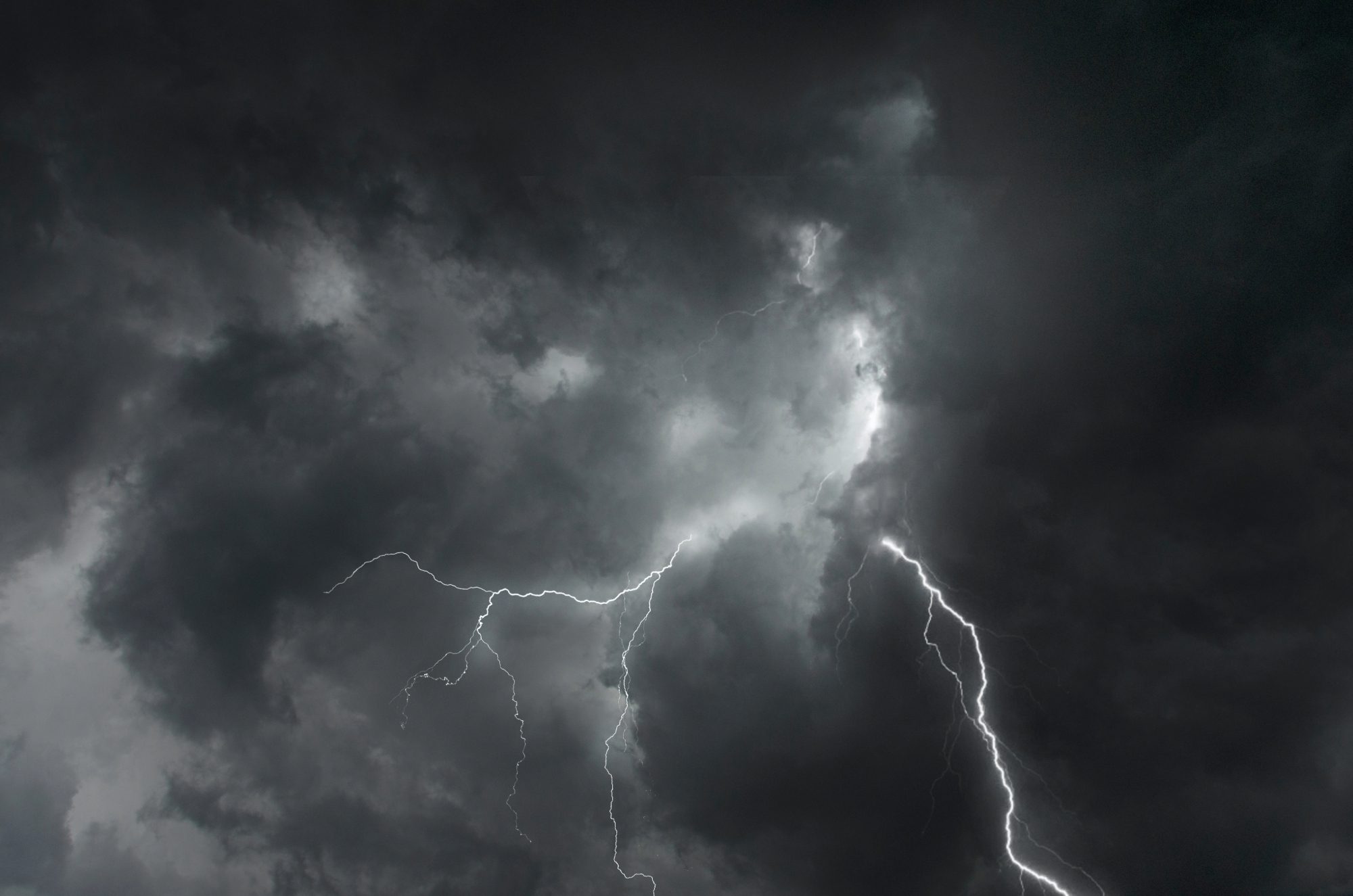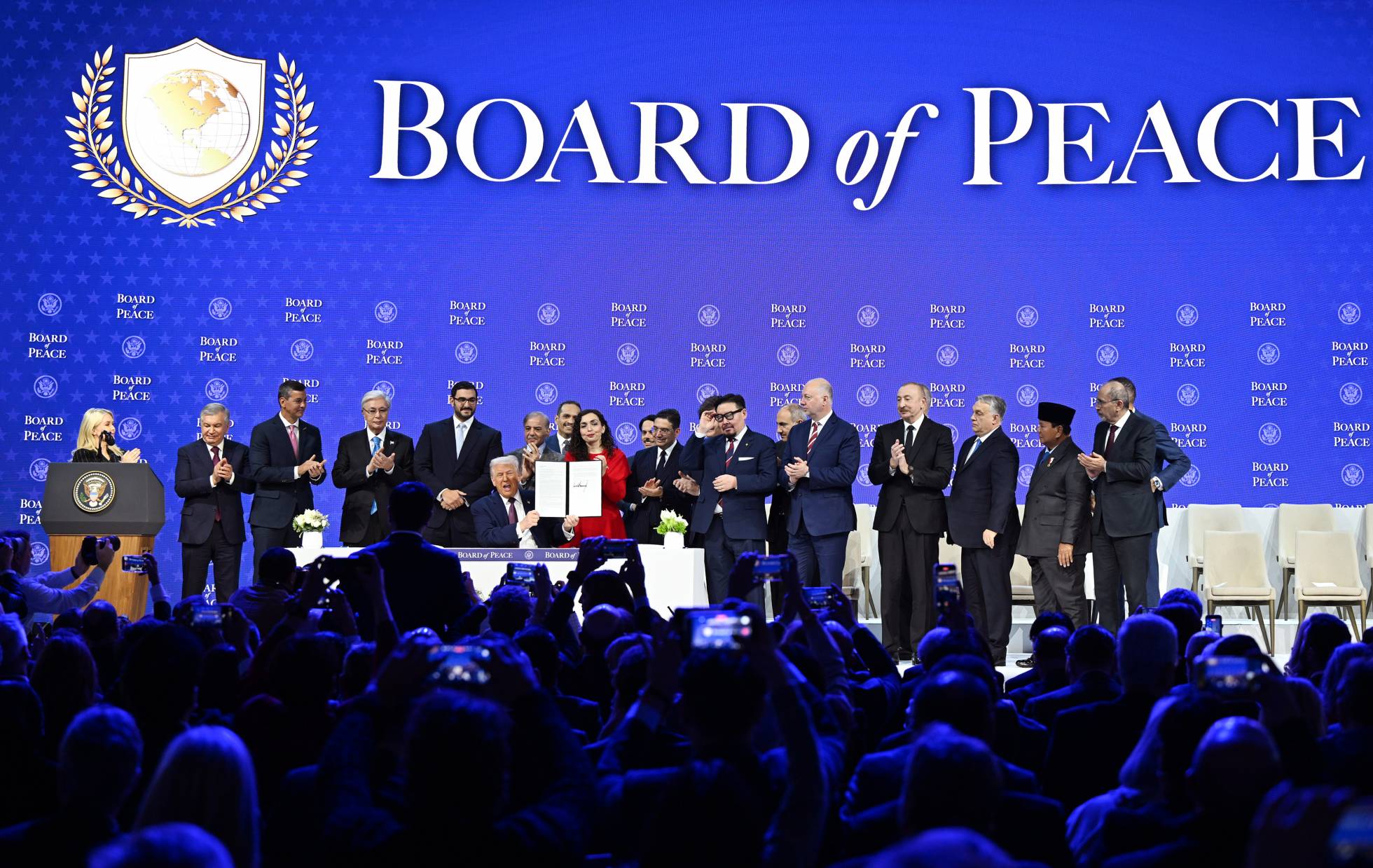Will World War X give birth to a new order in the world? Or is World War X itself the new order—perhaps, echoing Hobbes, World Warre?
It’s common to argue that we’re facing a new world of disorder, and that the old is dying and that something new will—in due course—be born. These are unhelpful generalities at best, and gestures of analytical surrender at worst. We can be more rigorous if we follow the logics of power, to see where they lead.
In Clausewitz’s famous definition, war is the conduct of politics by other means. Most theorists of war focus on the ‘other means’—the material, organizational and social technologies for war-fighting. My focus in this series of blog posts is on the changing, contending political logics that determine war. Each of these logics organizes and legitimizes violence in its own way. They can in turn can be legitimized by violence itself.
Let me sketch out two overall scenarios for what may unfold.
The first is synthesis—the merging of the logics of power. Power-as-commodity, along with institutional power (both formal-legal and informal-communicative) and finally wild power (in its form as heroic violence) might be synthesized into a single political form. This would take the form of CEO-as-emperor, with unlimited public-private political funds, in command of state institutions, a Leviathan who makes his own rules.
In this scenario, the contest for the control of the world politics operating system would have a winner.
That would bring about a world run by a geo-kleptocrat, applying the technologies of universal COIN, the boss of a new kind of imperial gangster machine. This uber-boss would throttle back on levels of conventional warmaking—which are mostly bad for political business—focusing on enforcement and intimidation operations, alongside pervasive forms of surveillance, interspersed with performances of superheroic violence. It’s a political egosystem.
This is not a well-ordered global society. It doesn’t fit the precondition for either of Johan Galtung’s ‘negative peace’ or ‘positive peace’, which is a sufficiently institutionalized social order for there to be a reliable end to personal violence or pursuing social justice. and the sole protection against rogue elements is the diktat of the Leviathan.
A more probable version of the synthesis scenario is not that there’s a single winner in World War X, but that this logic of politics triumphs. What emerges is a cartel of rival kleptocrats, dividing the spoils between them, but also falling out, as thieves do. Whether they collude or compete, the kleptocratic logic is consolidated.
Within this system there are activities and episodes that pass for peace—ceasefires, security pacts, sharings of the spoils. These gangster-style deals—theatrical peace handshakes for the cameras—last for only as long as kleptocratic interests converge. The arc of the peace deal is high, fast and showy, and burning out fast, like a firework. They don’t even meet the minimum criteria for Galtung’s ‘negative peace’, because violence is just reallocated or postponed, not ended.
Given that there are massive, complex weapons systems that could ignite a conventional war, by design or by accident—or because political leaders have come to believe that great power armed conflict is inevitable—there’s a heightened danger of high-intensity conventional war, or nuclear war. This is ‘World War Three’ is commonly understood—the uncontrolled escalation of armed super-power confrontation.
The second major scenario is when the logics of power don’t fuse and synthesize, but disperse and fragment, creating disorders. The logic of kleptocratic power may dominate, but not crystallize into a political form.
What might this portend? We need to theorize disorder, not use it as a placeholder for where theory doesn’t go.
In the state-based era, our center of gravity and illumination was the institutional state. That was what our thinking revolved around. But that orderly rotation is now history.
There’s a second sun in this political solar system—commodified power. That makes our orbit more complex, harder to predict. Add a third, dark star—wild power—and we have a chaotic three-body system, in which orbits are literally incalculable.
We shouldn’t take the solar system analogy too literally. But neither should we use the word ‘disorder’ carelessly to serve as a placeholder for something we don’t understand, any more than we should use ‘transition’ to infer that what came before and what will come afterwards will be stable and orderly.
There are several categorically different kinds of disorder. Among them are the following. One is chaos, the mathematical characteristic of a system that is so complex that a small variation in starting conditions leads to wildly different outcomes, as with the ‘butterfly effect’ in weather systems. A second is incommensurability or unintelligibility, when two different systems can’t be made to match in a singular manner. A third is disorder by design, when a ruler generates uncertainty as a mode of staying in power—which is of course a feature of an arbitrary, authoritarian ruler, including the imperial CEOs who may emerge from the synthesized logics of power. A fourth is lawlessness, namely the absence of an authority to enforce rules, and a fifth is disruption, which is when the system is deliberately broken with revolutionary intent.
These disorders are driven by the Anthropocene (climate crisis, pandemics), democracy (and the challenge of a political community using the same rulebook), technological change (especially in communications), and the turbulence of the market—including the political market.
Each type of disorder on its own generates uncertainty. Acting together, they produce radical uncertainties. In World War X we have all of them, in greater or lesser measure. The difficulties of forecasting political futures are exponentially greater than at any time since the advent of modernity.
Are the Hobbesian warres that burn across the world’s borderlands an outlier, a relic of past failures to build working states? Or are they a harbinger of the kinds of post-state disorders that are in prospect? That’s one highly plausible way in which World War X might develop and become the dominant character of world politics.
In my next post I will explore the meanings of peace, and world peace, and how they are changing.



